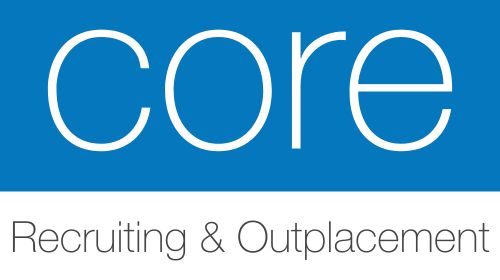As you know, the job market is hot right now. And it’s not just because people are looking for jobs—it’s also because of salaries. Open salary dialog is the first step to workplace transparency—but it’s not the last. As states across the country begin to pass laws mandating salary ranges on job applications, it’s no surprise that many companies are nervous about what this means for their hiring processes.
While it’s true that increased transparency can create some challenges for employers, it also comes with some major benefits—namely, attracting and retaining the best talent.
It’s hard to argue against the idea that greater transparency in pay practices is a good thing for companies and their employees alike. After all, who wants to work for a company that doesn’t trust its employees?
But what happens next? It’s one thing for your company to be transparent about salaries on job applications. It’s quite another thing entirely when existing employees find out what their colleagues are making and decide about their careers based on those numbers alone.
According to research from ResumeBuilder.com, roughly 1 in 20 workers will quit if they find out they’re making less than their coworkers. If you want to avoid losing your best talent under this new system, you need to create pay practices that work for your business and always keep it competitive so everyone who works there feels like they’re being paid fairly—and that includes people who already work there! When you make your pay practices transparent, you can also build trust with existing employees by giving them access to those same facts. This helps create fairness within your company culture while also encouraging loyalty from employees who feel valued by their employer because they know they’re being treated according to industry standards.
Here are the states in 2022 that are requiring Salary Transparency from employers: California, Colorado, Connecticut, Maryland, Nevada, Rhode Island, and Washington.
…
Read more
